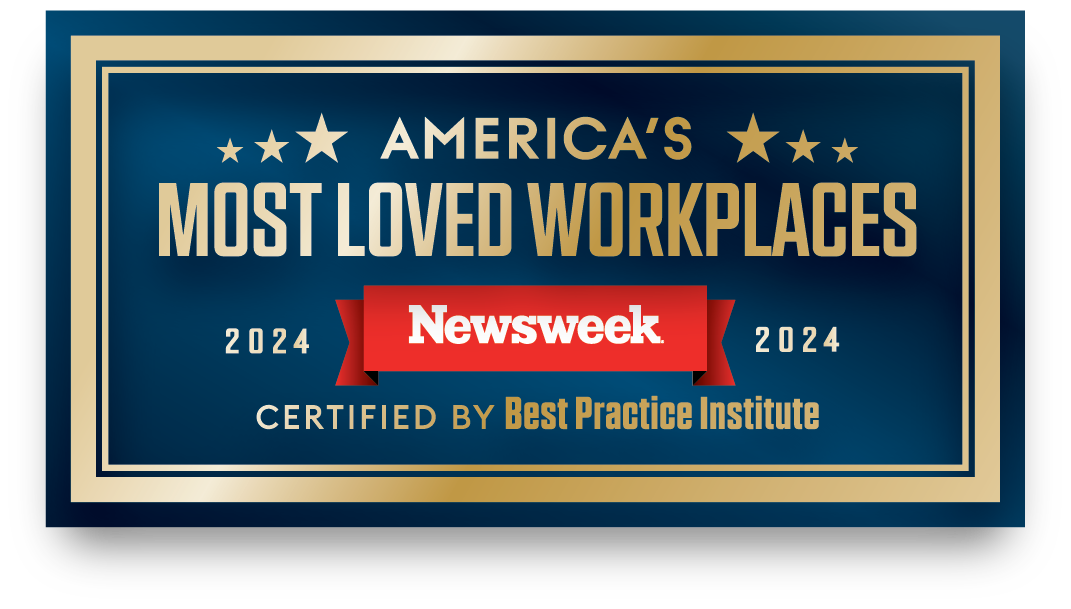Risk and insurance lessons learned from the Ebola outbreak of 2014
Source: http://www.insidecounsel.com, September 1, 2015
By: Michael H. Sampson and Caitlin R. Garber
Familiarity with insurance coverage is a must.
Epidemics, disease outbreaks and pandemics often garner significant media coverage. In 2014, Ebola captured headlines across the world. At other times, the H1N1 flu, measles, Legionnaires’ disease, or some other disease has grabbed the public’s attention. Although, in the recent past – at least in the United States – the health and commercial costs of such events have not been as great as the headlines might suggest, prudence nonetheless dictates that businesses – and their general counsel and risk managers – be prepared for the worst. Not only must they be ready to implement workplace safety precautions if and when necessary, they must also be ready to address losses, or potential losses, caused by a pandemic, outbreak, or epidemic. To that end, familiarity with insurance coverage is a must.
The U.S. Centers for Disease Control and Prevention defines an “epidemic” as “[t]he occurrence of disease within a specific geographical area or population that is in excess of what is normally expected.” It defines an “outbreak” as a “[s]udden appearance of a disease in a specific geographic area (e.g.[,] neighborhood or community) or population (e.g., adolescents).” And, it defines “pandemic” as “[a]n epidemic occurring over a very large geographic area.”
While adverse economic effects of an epidemic, outbreak, or pandemic obviously may be felt by hospitals and companies in the medical or healthcare fields, it is not just businesses in those industries which may face disease-related losses. For example, in 2014, the spread of Ebola also affected the chocolate and transportation industries, as well as local municipalities.
Legionnaires’ disease often impacts hotels and other businesses in the travel industry. A recent outbreak of the bird flu, which necessitated the slaughter of millions of chickens in the United States, certainly caused significant losses in the agriculture industry. Even if a company is not directly impacted by a disease event, it may still face losses if one or more of its suppliers or customers is affected. As such, the potential ramifications of any single disease event are quite extensive – and all businesses, no matter the industry, should be adequately prepared.
When such an event causes a loss, insurance coverage may be available to cover that loss. Thus, if and when a loss has occurred, it is imperative to carefully review all of one’s insurance policies to determine what coverage they provide. Insurance coverage counsel can assist with that effort. All such insurance policies should be reviewed, as coverage may be afforded by more than one type of policy and perhaps by a policy that one would not have anticipated.
Better practice, though, is not to wait until an epidemic, outbreak, or pandemic – let alone a loss – occurs before first reviewing one’s policies. Not only does reviewing the policies ahead of time enable a company to move quickly if and when a loss does occur, it also affords a company the opportunity to consider any potential gaps in coverage and to purchase additional coverage if necessary. Again, insurance coverage counsel can assist with those tasks.
egardless of when such a review occurs, it is important to conduct a comprehensive, 360-degree coverage analysis – looking at all policies a company has purchased as well as other coverage available on the market – to determine what coverage could respond in case of a disease-related loss. Many different types of coverage may be available to respond to a variety of losses. For example, commercial general liability (CGL) policies typically provide coverage for “damages” on account of, inter alia, “personal injuries” or “property damage.” CGL policies protect against claims brought against the insured by third parties and (with respect to disease-related claims) may be of particular benefit, for example, to event organizers, caterers, product manufacturers, and businesses in the travel and hospitality industries.
Directors and officers insurance may provide coverage in certain circumstances as well. For example, one insurance brokerage and risk management firm, Integro, warned in a 2014 “Pandemic Coverage Advisory:” “The perceived failure of a company’s public and internal disclosures and plans relating to business continuity, supply chain flow, [and] employee/client safety issues, may serve as a platform for plaintiffs to claim wrongdoing by directors and officers.” A proactive insured will be prepared for any such claims.
Professional liability policies and event-cancellation policies also may provide coverage in certain instances, as may medical malpractice, employer’s liability, property, and other policies. Moreover, disease-specific coverage may also be available. For example, shortly after the Ebola outbreak began last year, at least one insurer introduced Ebola-related coverage for business closures.
Not only must one determine what coverage is granted by any given policy, one must also carefully review all coverage exclusions. For example, some policies contain contamination exclusions; communicable disease exclusions; mold, fungus, bacteria, virus and/or organic pathogen exclusions; pollution exclusions; or some other exclusion that insurers may (and often do) try to argue applies to a disease-related loss. Other policies may contain disease-specific exclusions. For example, certain event-cancellation policies contain Influenza A exclusions. And, at least one insurer reportedly introduced an Ebola-related exclusion last year.
Read all policy terms (especially exclusions) carefully, as policy language matters. For example, if a policy has a mold/fungus exclusion, does it apply to “organic pathogens,” or is it limited just to common mold and fungus? How is “organic pathogen” defined? Similarly, if the policy has a pollution exclusion, how is “pollutant” defined? If defined to mean “any solid, liquid, gaseous or thermal irritant or contaminant, including smoke, vapors, soot, fumes, acids, akali, chemicals and waste[,]” as it often is, does that include a disease agent, such as a virus or bacteria? The courts are split on that issue, and further guidance and action may be necessary.
Understandably, no company wants to have to struggle with such issues or with any effects of an epidemic, outbreak, or pandemic. But, all businesses – no matter the industry they are in – may be at risk for a disease-related loss. As such, all businesses should proactively review their insurance policies to best position and protect themselves in case such a loss occurs.






